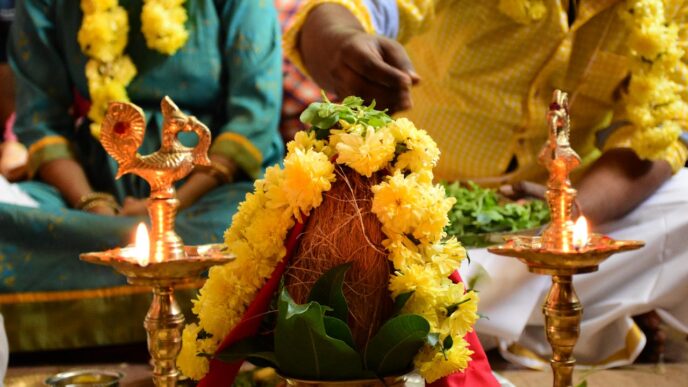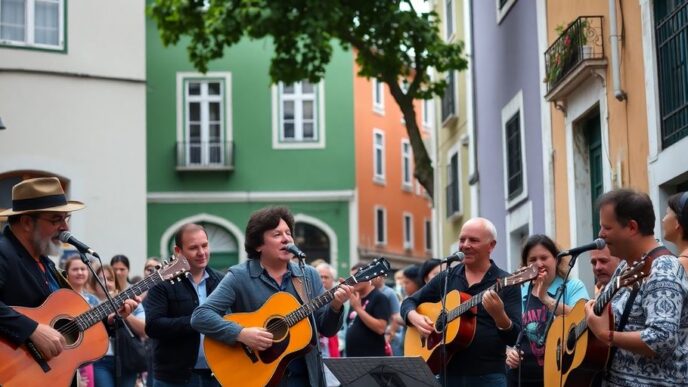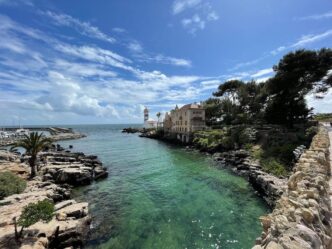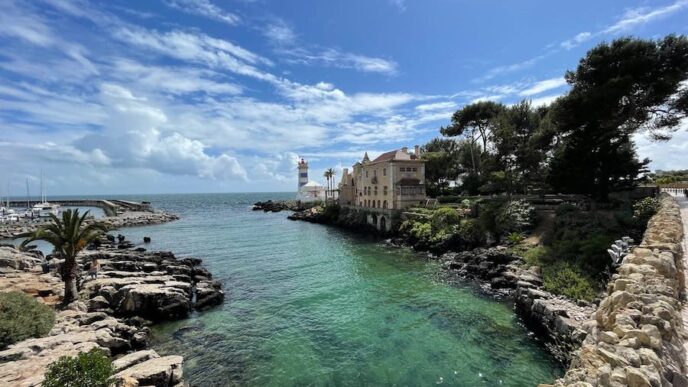Introduction to Portugal’s Rich History
Portugal’s history is a captivating journey through time, reflecting its pivotal role in shaping the world. From its early beginnings as part of the Iberian Peninsula to becoming a maritime powerhouse during the Age of Discovery, Portugal’s legacy is filled with exploration, conquests, and cultural milestones.
1. Pre-Roman Portugal
Before Roman rule, the area we now know as Portugal was inhabited by Celtic tribes, most notably the Lusitanians. This region, rich in natural resources, was an attractive target for numerous civilizations, including the Phoenicians and Carthaginians. The Lusitanian leader Viriathus became a legendary figure due to his resistance against Roman invasion during the 2nd century BCE.
2. Roman Influence (2nd Century BCE – 5th Century CE)
During the Roman Empire, Portugal became part of the province of Lusitania. The Romans established infrastructure, including roads, bridges, and aqueducts, many of which are still visible today. The introduction of Latin influenced the development of the Portuguese language, and Roman culture left lasting imprints on the region’s architecture and law.
3. The Birth of Portugal (12th Century)
Portugal’s official foundation came with the Treaty of Zamora in 1143 when Afonso I declared himself king, effectively establishing the Kingdom of Portugal. The subsequent centuries saw Portugal consolidate its borders and engage in territorial expansion, particularly during the Reconquista.
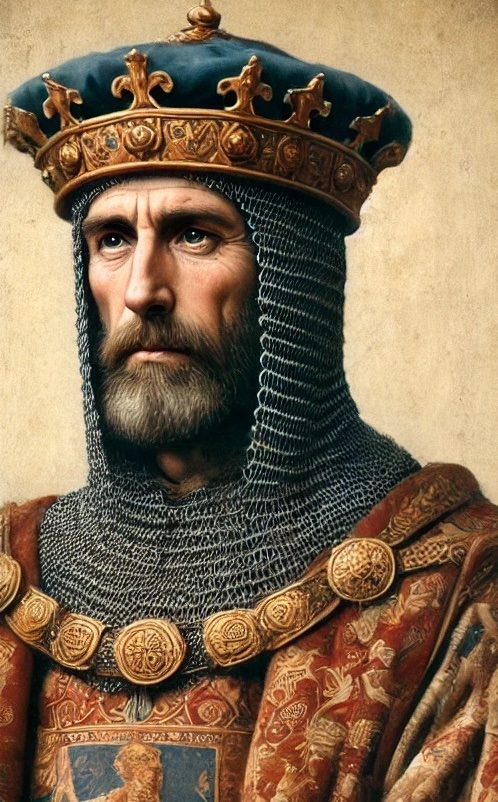
4. The Age of Discovery (15th – 16th Century)
Portugal’s golden age began in the 15th century with the rise of Prince Henry the Navigator. He spearheaded the nation’s maritime expansion, resulting in significant discoveries like the Atlantic Islands and the African coast. Explorers like Vasco da Gama and Pedro Álvares Cabral opened trade routes to India and Brazil, respectively, making Portugal a dominant colonial power.
The establishment of colonies in Asia, Africa, and South America brought wealth and prestige, and Portugal became the world’s first truly global empire.
5. Decline and Recovery (17th – 19th Century)
The decline of Portugal’s influence started in the late 16th century when the country entered a union with Spain (1580–1640). The restoration of independence in 1640 marked the beginning of a long recovery. However, it wasn’t until the 18th century under the reign of King John V that Portugal experienced a resurgence, driven largely by the riches from its Brazilian colonies.
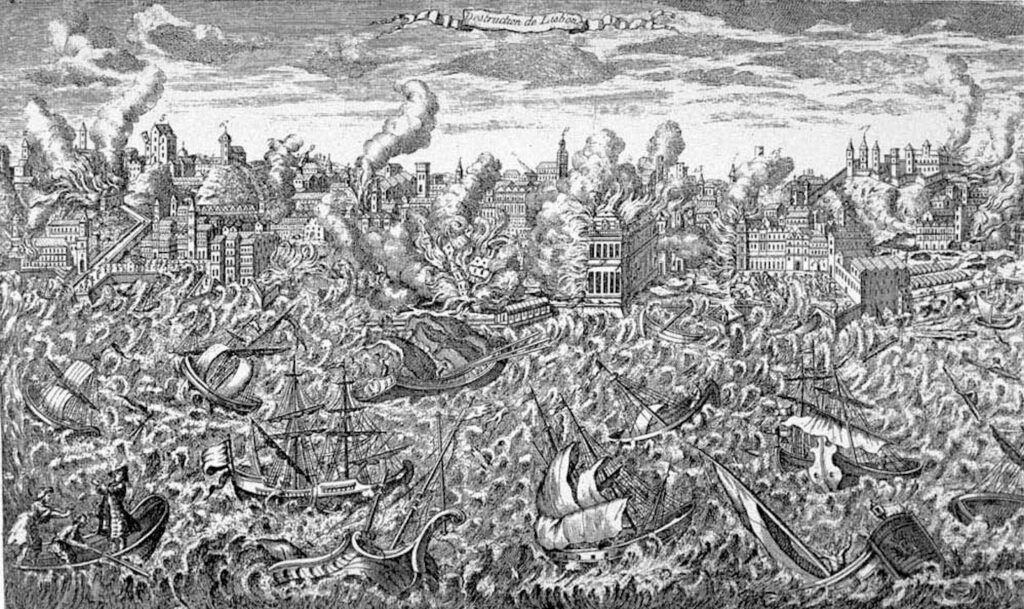
6. Modern Era (20th Century)
The 20th century saw significant political changes in Portugal. In 1910, the monarchy was abolished, leading to the establishment of the Portuguese Republic. After years of political instability, Portugal entered the era of António de Oliveira Salazar, whose dictatorship (1932-1974) shaped much of the country’s modern history.
The Carnation Revolution of 1974 brought an end to the dictatorship, leading to democracy and the eventual decolonization of Portuguese territories. Portugal joined the European Union in 1986, accelerating its modernization and integration into Europe.
7. Portugal Today
Today, Portugal is a stable democracy with a rich cultural heritage and a booming tourism industry. Its unique blend of historical landmarks, natural beauty, and modern infrastructure make it a favorite destination for travelers and a symbol of resilience and growth.
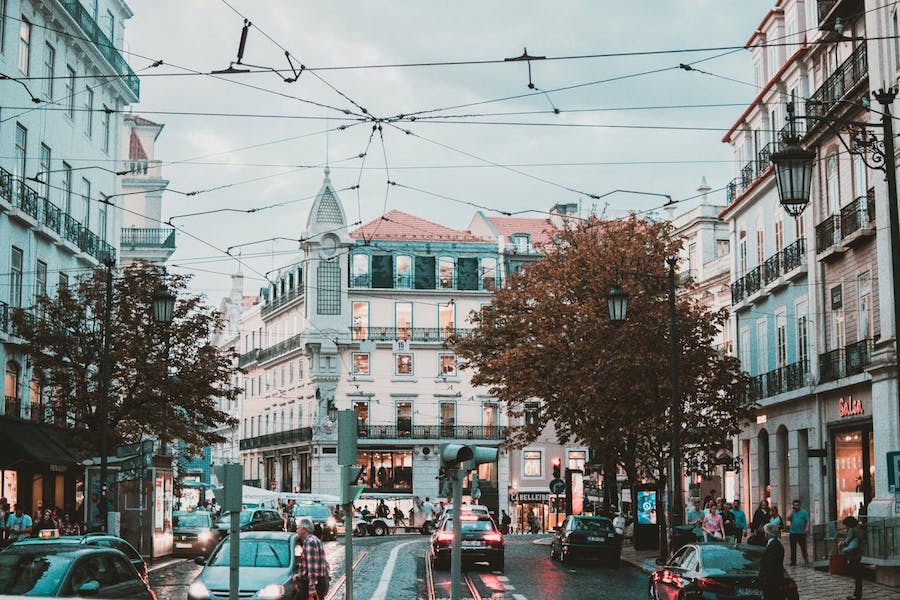
Conclusion
The history of Portugal is one of exploration, conquest, and resilience. From the Roman Empire to the Age of Discovery and beyond, Portugal’s journey has left an indelible mark on the world. Understanding the country’s past helps illuminate its place in the modern global landscape.
Recommended Readings:
- “Portugal: A Companion History” by José Hermano Saraiva
- “A Concise History of Portugal” by David Birmingham


